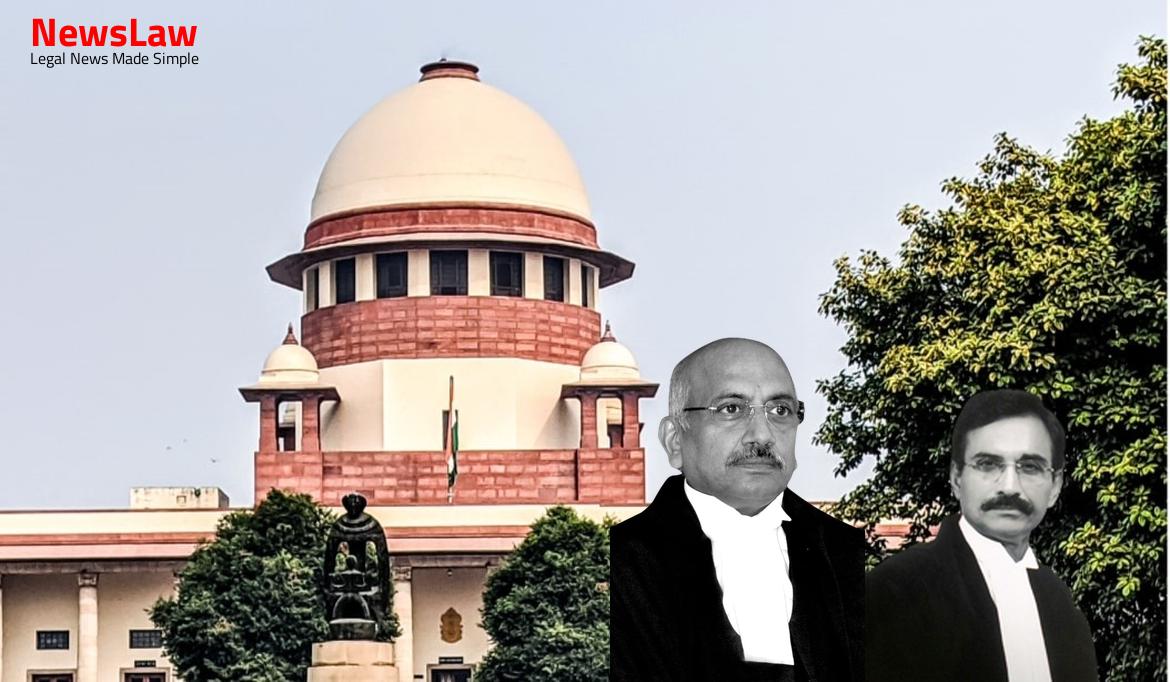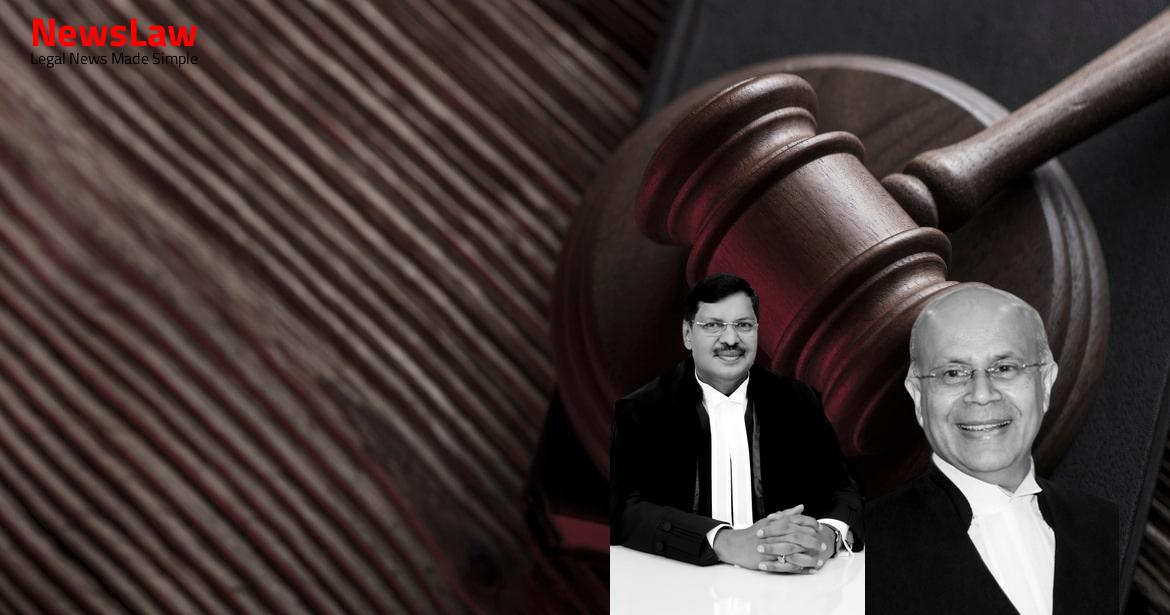2 The Department of Financial Services in the Union Ministry of Finance 2 issued a notification on 23 January 2020 by which the Debt Recovery Tribunals (DRTs) and Debt Recovery Appellate Tribunals (DRATs) Electronic Filing Rules 2020 were notified.
Besides setting out the sequence leading up to the amendment to the E-filing Rules, the affidavit states that prior to the issuance of the notification dated 31 January 2023, an analysis was carried out of the filing of cases before the DRTs. As regards cases involving an amount of Rs 100 crores and above, the percentage of e-filed cases was 15.87% in the case of OAs and 23.81% in SAs.
The counter affidavit has indicated that comprehensive training programmes were conducted by the Department of Financial Services in coordination with the DRTs/DRATs for making litigants and members of Bar Associations acquainted with the e-filing procedure. As regards the availability of infrastructure, it has been submitted that help desks have been provided at all DRTs/DRATs to attend to any glitches or requests for assistance. In the second stage, e-filing was made compulsory by a notification dated 22 July 2022 where the pecuniary value of the subject matter in dispute was in excess of Rs 100 crores.
13
At the same time, the Court cannot be unmindful of the fact that there is a digital divide in the country and not all citizens have access to the internet or the facilities required for the effective use of technology. Firstly, we would permit the Bar Associations representing the collective voice of the lawyers in the DRTs/DRATs to submit their representations to the Department of Financial Services if any specific difficulties are encountered in the process of e-filing.
18
Also Read: https://newslaw.in/case-type/civil/analyzing-the-courts-legal-analysis/
In this regard, we would recommend to the Union Government that in addition to setting up held desks, it would be appropriate if e-sewa kendras are set up at all the centres of the DRTs or, as the case may be, DRATs to facilitate e-filing of cases and provide a one-step solution which encompasses all the e-services at the DRTs/DRATs. This would be in line with the mission of the e-Committee of the Supreme Court of India for providing e-sewa kendras at court establishments across the country.
For example, while 19.4% of men of age 15 years and above could send emails with attached files, only 11.5% of women of age 15 years and above could perform the same task.
21
Also Read: https://newslaw.in/case-type/criminal/alleged-misuse-of-official-position-courts-legal-analysis/
For the above reasons, we have issued directions for attending to the genuine grievances of the members of the Bar in regard to the availability of facilities that would ensure that in the adoption of e-filing, no segment of the citizens is unable to access justice. 23
Case Title: M.P. HIGH COURT BAR ASSOCIATION Vs. UNION OF INDIA (2023 INSC 321)
Case Number: W.P.(C) No.-000155 / 2023



